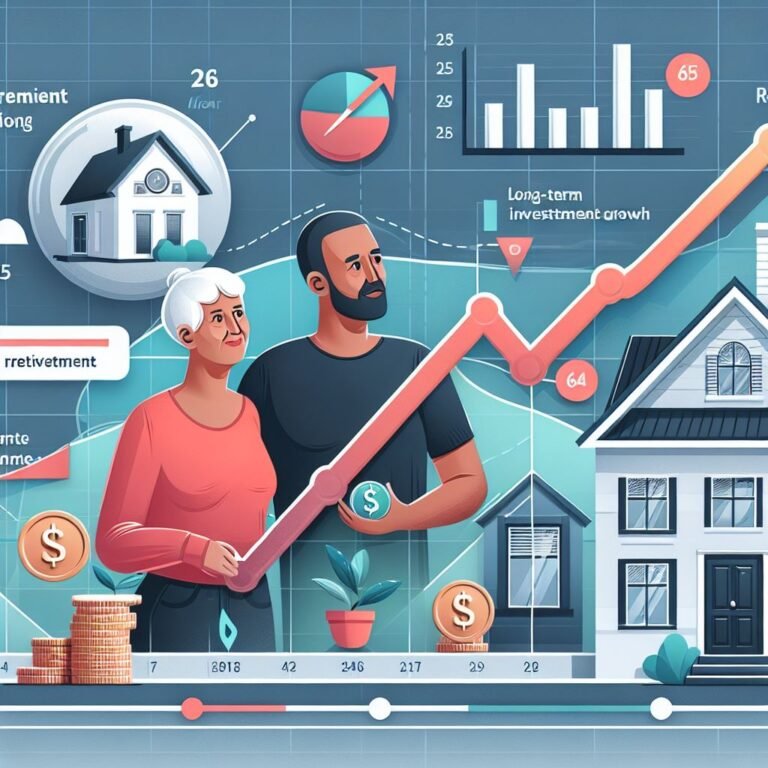
The “right” time to buy a property is often said to be “when you’re ready.”Waiting long to buy a property can have significant financial implications and lifestyle drawbacks. Here’s a more detailed breakdown:
Financial Implications:
Rising Property Prices:
- Compounding Effect: Property prices tend to appreciate over time. This means that the longer you wait, the more expensive it becomes to buy a similar property.
- Lost Opportunity Cost: The money you could have invested in a property could have been earning returns through property appreciation, rental income, or tax benefits.
Increasing Interest Rates:
- Higher Mortgage Repayments: Rising interest rates can significantly increase your monthly mortgage repayments, reducing your disposable income.
- Reduced Borrowing Capacity: Higher interest rates can limit your borrowing capacity, making it more difficult to secure a mortgage for a larger property or a property in a desirable location.
Inflationary Pressures:
- Eroding Purchasing Power: Inflation can erode the purchasing power of your savings over time, making it harder to afford a property in the future.
Stamp Duty and Other Fees:
- Government Fees: Stamp duty and other government fees can add a substantial cost to property purchases. These fees can increase over time, making it more expensive to buy a property later.
Lifestyle and Practical Considerations:
Rental Costs:
- Increasing Rents: Rental prices tend to increase over time, especially in popular areas. This can lead to higher living expenses and reduced savings potential.
- Lack of Control: As a renter, you have limited control over your living space. You may be subject to landlord restrictions, rental increases, or lease terminations.
Limited Stability and Security:
- Uncertainty: Renting can be less stable than owning a home, as you may face uncertainty about future rent increases, lease renewals, or potential eviction.
- Lack of Equity: Renting does not build equity, which can be a significant advantage of homeownership.
Retirement Planning Implications:
Reduced Asset Base:
- Missed Opportunity: Owning a property can be a significant asset that can be sold or leveraged in retirement. By delaying homeownership, you miss out on the potential for wealth accumulation through property appreciation.
- Higher Living Costs in Retirement:
- Rental Expenses: If you haven’t purchased a property, you may face ongoing rental expenses in retirement, reducing your disposable income.
Limited Retirement Income:
- Rental Income: Owning a property can generate rental income, providing an additional source of income during retirement.
- Equity Release: You may be able to release equity from your property to supplement your retirement income.
